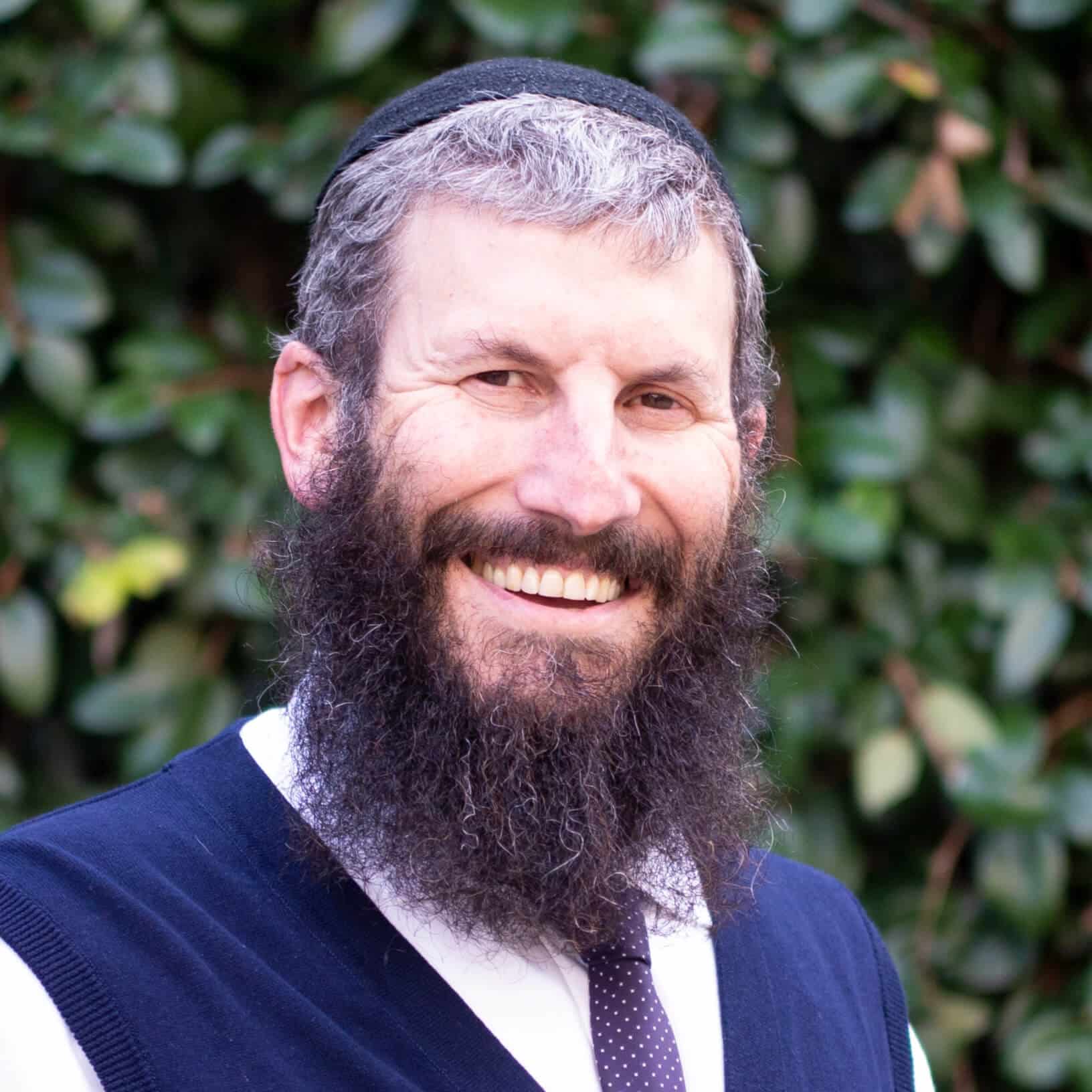“If you should see your friend’s ox or sheep straying, don’t ignore them. Instead return them to your friend. But if your friend is not close by, or you don’t know the owner, bring it to your home and hold onto it until the owner finds you, and then return it to them” (Deuteronomy 22:1-2).
Often the Torah will teach us a law whose idea we may have come up with ourselves. In other words, a law that just makes sense. These mitzvot are referred to as Mishpatim. God is reminding us of something. It makes sense that if we want to live in a society where people respect one another, we should be careful with each other’s property and actually look out for their property as if it were our own.
It is certainly important for Torah to provide us with a guide to decency. Yet, if the Torah is merely reminding us of something that makes sense, and something that we could have figured out ourselves, perhaps the Torah is also trying to convey to us something else. When the Torah exhorts us to respect one another’s property, creating a system of integrity of ownership and trust, it is offering us something so much deeper.
The Ben Ish Chai, Rabbi Yosef Haim of Baghdad (1838-1908), was one of the most brilliant kabbalists and halachic authorities in the 19th century. He explained that a person who has sinned is like an object that has fallen from the upper realms of heaven and must be returned to its rightful owner, to its rightful place. When what falls is not an object, but a person, a soul that has literally become lost, either the angels or God must return the item. Had people been created from the lower realm of heaven, these souls would have been closer to the angel’s realm than God’s. The angels are beings of complete perfection. By adhering to absolute strict truth, they would have concluded that a person who has sinned must pay the ultimate price. As the Torah says, “A soul that has sinned, it shall die” (Ezekiel 18:20). However, God created people’s souls from a much higher realm, above the realm of angels.
When a person is lost, it turns out that it is God who is closest to them. God must return the soul to its rightful place. This is fortuitous because God’s way of returning is full of compassion. God doesn’t say that a person who has strayed from the holy path of Torah shall die. God doesn’t want the sinner dead. Instead, God wants that person to return to a path of a holy life.
The same compassion elicited by returning a lost object is the same divine compassion that allows God to return a lost soul to its place.
During these days leading up to Rosh Hashanah and Yom Kippur, we owe it to ourselves to help God restore our soul to its rightful place. Through treating ourselves and others compassionately and embarking on a path of spiritual growth, we can help maintain a close relationship with God.
Yonah Bookstein is the executive rabbi of JConnect and founded Jewlicious Festivals (jewliciousfestival.com) in 2005 as a gathering place for young Jews of Southern California. Rabbi Bookstein is also the author of “Prayers for Israel” and conducts seminars internationally about solving the problems affecting young Jewish adults.























 More news and opinions than at a Shabbat dinner, right in your inbox.
More news and opinions than at a Shabbat dinner, right in your inbox.